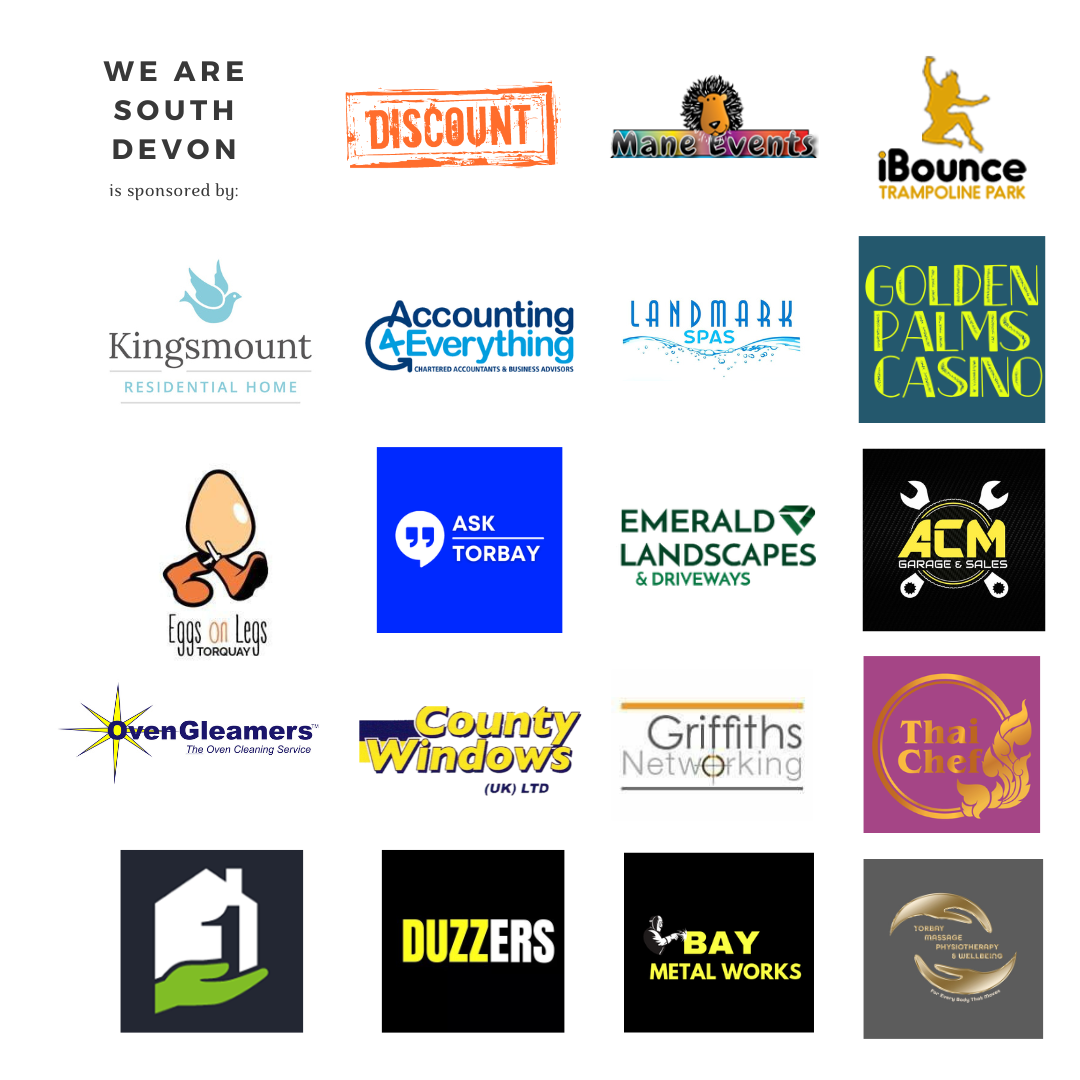As it increasingly focuses on making wide-ranging recommendations to better council services, the Local Government and Social Care Ombudsman has directed more improvements to local councils in the South West in the past year than ever before.
Launched today, the Ombudsman’s annual review of complaints gives a concise overview of the state of local government complaints over the past year.
The Ombudsman upheld 60% of complaints in the region, which has decreased from 63% last year. This year’s data also show:
– 9% of all complaints from this region
– Most complaints are about Children and Education – 21%
– Fewest complaints are about Benefits and Taxation (6%), was Corporate and Other Service last year at 6%, now 7%
– Highest uphold rate is for complaints about Children and Education at 72%
– Lowest uphold rate is for Corporate and Other Services at 22%
– The South West has the highest proportion of its complaints about Planning nationally (20% compared with the England-wide figure of 14%)
– It has the joint lowest proportion of its complaints about Benefits and Taxation (6%, compared with 8% nationally)
– It has the lowest uphold rate nationally for complaints about Corporate and Other Services (22%, compared with the England-wide average of 62%)
– It also has the lowest uphold rate for complaints about Housing (43%, compared with 71% across England)
And although the Ombudsman’s role is to remedy individual people’s problems, it is increasingly looking at how it can make sweeping recommendations on the back of those complaints to help councils learn and improve services for everyone.
In 2021-22, the Ombudsman made 1,848 service improvement recommendations nationally, with all but a vanishingly small number of councils complying (99.7%).
In one case, a council insisted a family pay a top-up fee for a relative’s care home place, despite not offering one where they did not need to pay extra. Following the Ombudsman’s investigation, the council reviewed its processes and reimbursed a further 29 families.
In another case, the Ombudsman found a council was not paying friends and family foster carers the correct allowance. It asked the council to look at whether other foster carers were being similarly underpaid. Six other families received their missed support, and the council put in place changes to ensure this would not happen again.
Michael King, Local Government and Social Care Ombudsman, said:
“One complaint can have immense power to change things for the better, and we’re increasingly focusing on to how we, and the local authorities we investigate, take the learning from those complaints and improve service provision.
“The vast majority of councils agree to the recommendations we make and see them as common-sense ways of providing better services for people in their area. However this can only happen when councils act swiftly when they have committed to do so.
“Unfortunately we are seeing some councils taking longer to make those changes, which put them at risk of making the same mistakes again. In 18% of cases we found compliance was late.
“While I welcome the professional way in which the majority of councils continue to work with us, I would urge those authorities who are having problems to pay close attention to this final, but crucial, step in the complaints process.”
The Ombudsman’s report is published with detailed data for every English authority on how they perform against similar organisations. It also includes resources for councillors and senior council officers to raise the profile of complaints within their organisation.
People can search for their local council’s data using the Ombudsman’s interactive online map, where they can find details of upheld complaints, service recommendations and their authority’s annual letter, detailing how the council has responded to the Ombudsman’s investigations.

Whilst you’re here:
Did you know we rely on local businesses and the community to help keep us online? Our community website is an alternative to the mainstream media – For the people, by the people. You can help us stay online by becoming a supporter on Facebook. In return, you will have access to exclusive content. Click here for information.
You can join us on our social media pages, follow us on Facebook or Twitter and keep up to date with whats going on in South Devon.
Got a news story, blog or press release that you’d like to share or want to advertise with us? Contact us




























